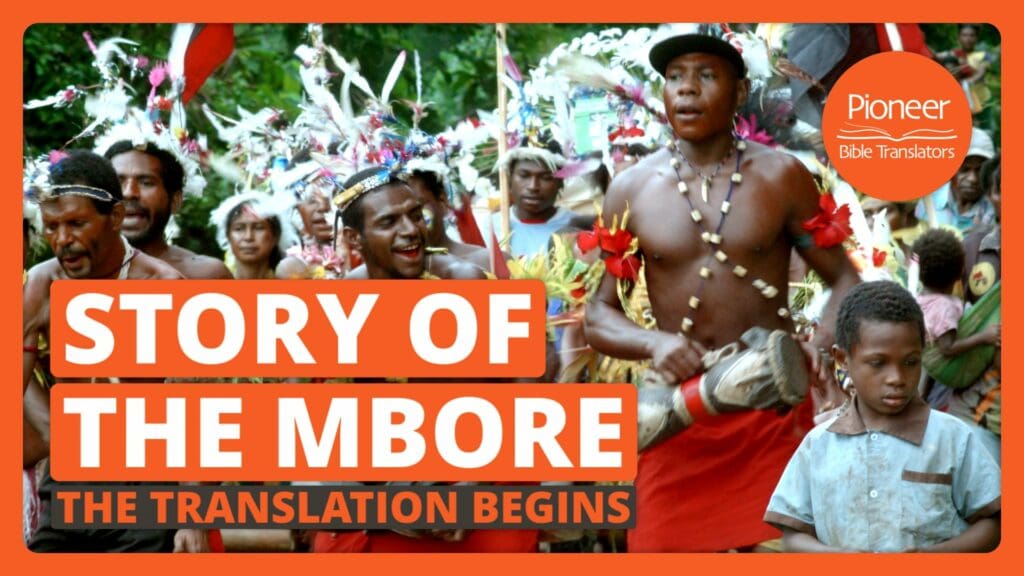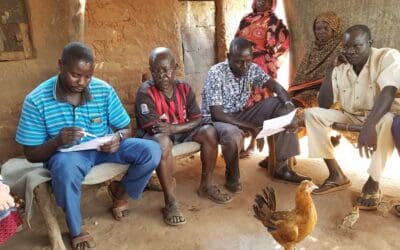Many among the current generation of refugees and immigrants arrived in the U.S. from countries whose dominant religion honors its own holy book above the Scriptures. It’s easy to assume that it’s difficult — maybe even impossible — to establish relationships with them that can lead to meaningful dialog on spiritual matters. It’s also easy to let fear keep us from even trying.
Our teammates Mike and Julie Thomas minister among people displaced from several countries where Jesus is acknowledged as a prophet but not as the Son of God. Mike offers simple tips and guidelines for Christ-followers who want to begin building Gospel-centered relationships with these and other new neighbors who do not yet know Jesus.
- Pray, pray, pray. Recognize that God wants to involve you in this important work.
- Be very open that you are a follower of Jesus from the beginning of your acquaintance. In a gentle, humble spirit, share about what Jesus is doing in your life today.
- Learn about their culture — their food, language, customs, and such. Ask about their religious beliefs, and be a humble listener as they respond.
- Become genuine friends with them without strings. Don’t bait and switch — for their sake and for the sake of your reputation and the reputation of the Christian community.
- Ask genuine questions that can lead to deeper reflection and discussions. Avoid “gotcha” questions.
- Be aware of your own cultural biases and blind spots.
- Ask if you can pray for them. This communicates piety and also love, and it provides an opportunity to show how Christians talk with God.












